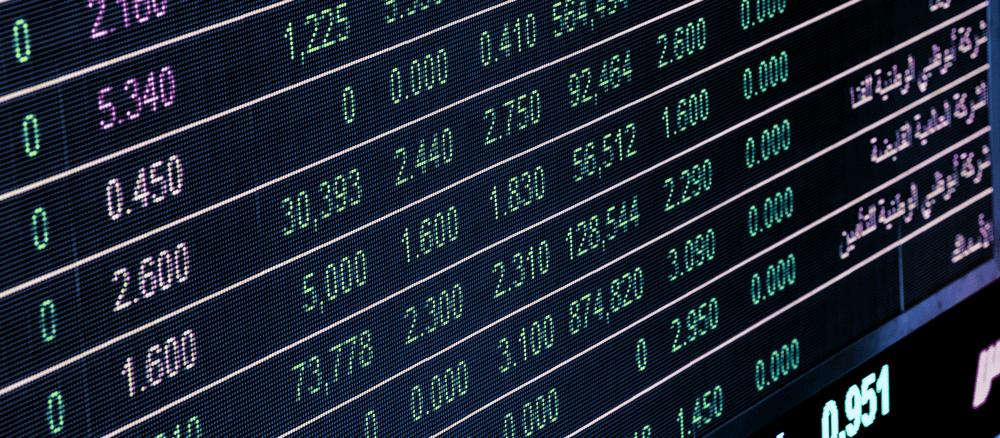A stable currency is one that has proven over time that it can consistently perform its functions as a means of exchange, a unit of account, and a store of value. Put simply, a stable currency is one whose exchange rate with other world currencies doesn’t fluctuate greatly. To answer the question, ‘which is the most stable currency in the world?’ we have to look at a variety of economic and political factors that influence currency stability.
Currently, the most stable currency in the world is the Swiss Franc. This has been aided by the country’s political and financial stability and its history of low inflation.
Holding the second place as the most stable currency is the Japanese Yen. Japan has had a positive account balance for years and a significant amount of foreign exchange transactions are carried out in Yen. Also, the country’s inflation levels have never been higher than 1.2%.
The Norwegian Krone (NOK) is recognized as a stable currency for several reasons. The government has assets that exceed its debts. Also, the currency is not pegged on any other currency or tied to any other international body.
The US dollar, British Pound sterling and the Euro are also considered safe-haven currencies, and these are the ones Cashero offers.
What makes a currency stable?
A currency is considered stable when the international exchange rates do not fluctuate too much against the Customer Price Index (CPI). The CPI shows changes in the price of a ‘basket’ of products used by people in a country. This means that a currency is stable if it keeps its value or its purchasing remains constant over time.
Exchange rate stability is determined by numerous global and domestic factors, such as economic policies, international trade, and national productivity. We can safely say that currency stability reflects each country’s economic health.
How stable is the U.S Dollar?
The relative strength of the United States economy supports the stability as well as the value of the US dollar. This currency is the world’s primary reserve currency and the most traded currency as well.
The U.S dollar has many buyers and is held by the global central and commercial banks for international transactions. Although the currency hasn’t been backed by gold for quite some time, it remains the world reserve and has only deliberately been devalued once. The U.S dollar rules in the foreign exchange trading market, accounting for about 88% of all international transactions. While many currencies are also stable, most of these are only used inside their own countries and not on a global scale. Political stability in the US has also been a factor that helped the currency to retain its value in previous years. That being said, the US government has trillions of dollars in debt, which raises questions about the currency’s long-term stability.
Conclusion
Despite the Swiss Franc being the most stable, popular, and powerful currency in the world, many other currencies are just as stable. Keep in mind that most stable currencies are not necessarily powerful and expensive.
The Japanese Yen and the Norwegian Krone are also considered stable currencies.
While it’s not the most stable, the U.S dollar is the most widely used and remains the most traded currency. The U.S dollar is also the global reserve currency making it a haven for those facing uncertainties. Cashero not only helps you save your stable U.S. dollars, you’ll also earn interest on them.
Content Disclaimer:
As of the date of publication, the information contained on this page is deemed to be factually accurate for all terms of conditions, features, and fees. Changes made to Cashero’s terms of conditions, features, or fees after the publication of this content may not be accounted for.
App Disclaimer:
The Cashero App is now available for download in both the Apple App Store and Google Play Store, though not all features are currently functional. Cashero has not yet officially launched.
